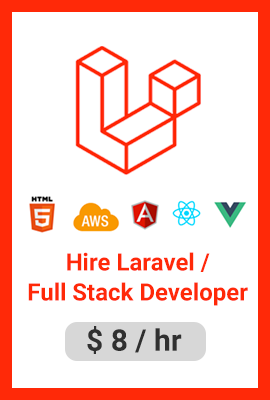Toward the end of last year, fans saw the clash of two giants as both Epic Games, the creator of Fortnite, and Apple would butt heads. Whilst both Google and Microsoft were somewhat included along the way too, both have managed to somewhat slip into the obscure side of the case as both Epic and Apple lead the way, but with court filings not slowing down and new information coming around day by day, the questions to whether or not there could be huge changes to the application marketplaces in the future still remains, but changes to which side of the coin are what concerns many.
The legal battle and the entire case came about when Epic Games changed one of the payment methods in their popular game of Fortnite – the in-game currency of V-Bucks is used to buy cosmetic in-game items, and the change made was so that all revenue from the purchase would go directly to Epic, subverting the 30% levy that is charged on all in-app purchases usually which would go to the purveyor of the particular app store, which in this instance had been both Apple and Google. The action saw the game quickly removed from the marketplaces and the argument that Epic had broken the terms of service, with Epic then biting back suggesting that both had held a monopoly over both marketplaces and that the 30% rate being charged was unfair – whilst there have been other bits and pieces along the way, that is the argument that has brought us to the current point.
In the latest push forward for the case, the target has been the privacy and security of the app marketplaces directly – it has been the reason given by Apple as to why providing options for third-party marketplaces wouldn’t be in the best interest of the consumer as each app uploaded to the manufacture marketplace is vetted for issues, and the same guarantee couldn’t be offered to those outside of the official marketplace. With suggestions that third-party marketplaces could be used to help other industries start to find representation on mobile with the likes of online betting like heart bingo and gambling for instance, as they instead rely on the use of different sites rather than apps, there’s certainly support, but then there are also just as many that agree with the concerns given and suggest that third-party marketplaces may have ulterior motives, and given less control the 30% currently being charged could be much higher elsewhere.
Either way, the legal battle between the two will likely continue for quite some time as there is no end in sight just yet, as such there will be many more changes yet to come, but it does raise interesting questions around what the future of the different app marketplaces could be, and whether or not they really will shape up to be a very different form than they currently are – whether that be from third-party options or not.















